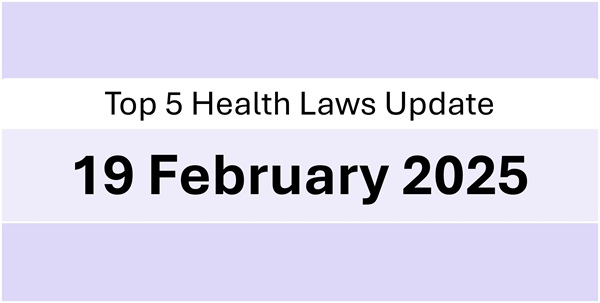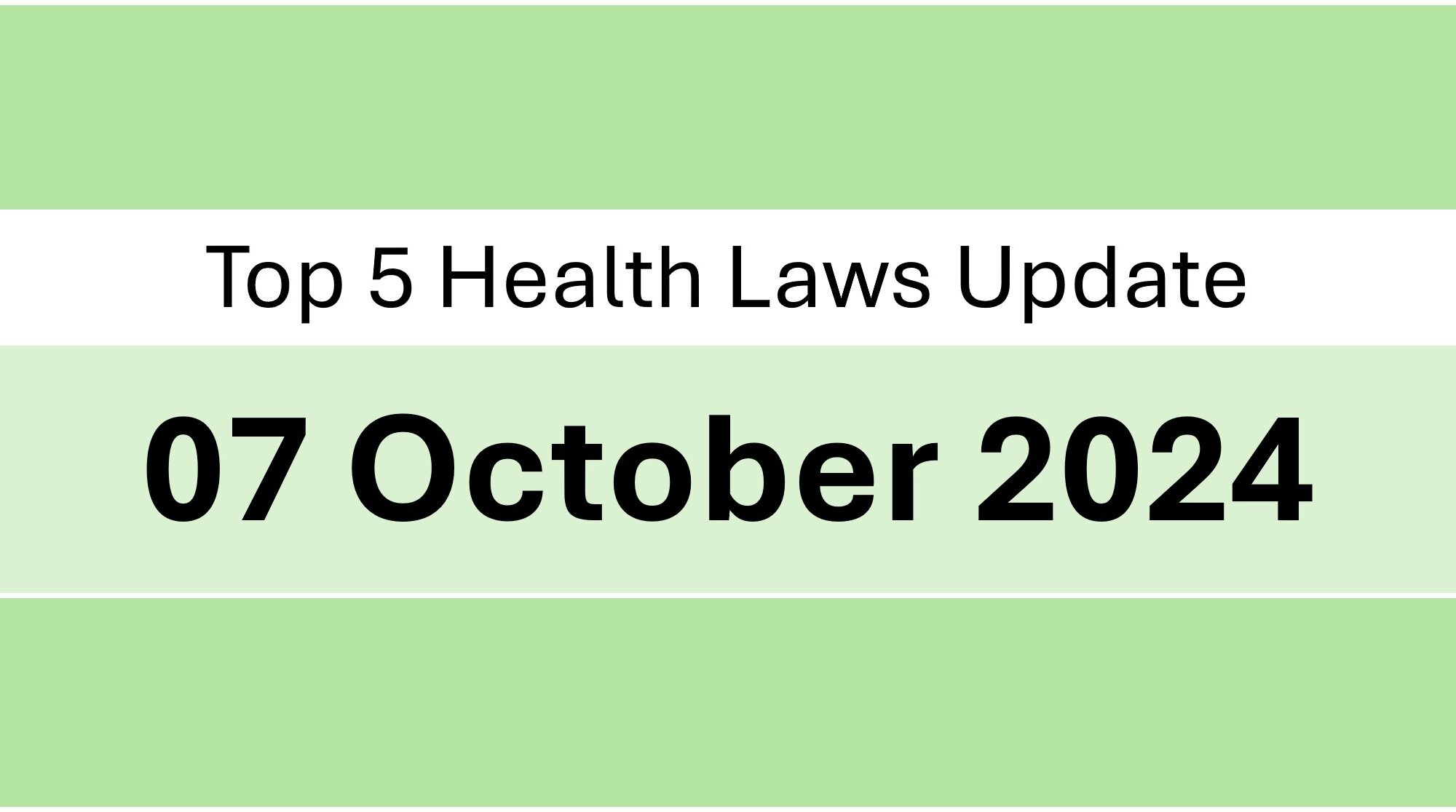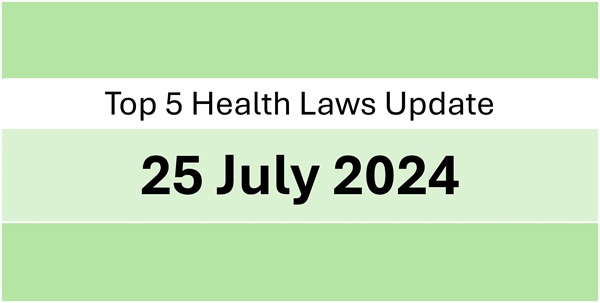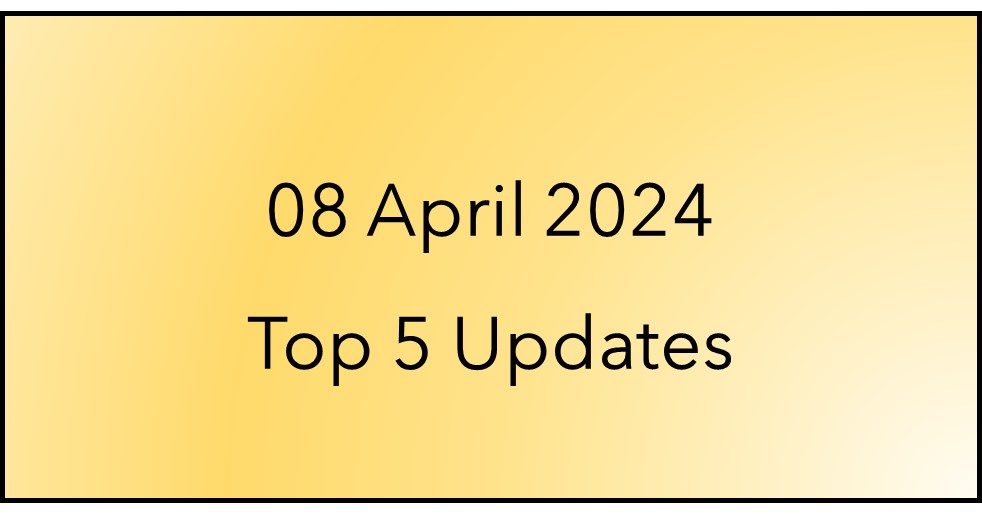Dear Readers, we are happy to share the most interesting legal and policy updates concerning health industry that we read today. we hope you enjoy reading it.
1. India’s drug price control authority, the National Pharmaceutical Pricing Authority (NPPA) has issued an Office Memorandum instructing drug manufacturers to revise the prices of the drugs on which customs duty has been reduced.
Source: bit.ly/4gNNEVW
2. The Materiovigilance Programme of India’s Ministry of Health and Family Welfare has published an updated Draft Adverse Event Reporting Form for In-Vitro Medical Devices seeking public comment. The last date for receiving public comment is 5th March 2025.
Source: bit.ly/3Qn7kW2
3. In its recent meeting, the Drugs Consultative Committee (DCC), a policy advisory committee to India’s drug regulator, has raised the proposal to include Anti-microbial drugs in the definition of “New Drug” under the New Drugs and Clinical Trial (Rules), 2019 in an attempt to heighten the oversight of antimicrobial drugs.
Source: bit.ly/3QqZlao
4. India’s Union Ministry of Health and Family Welfare has revealed plans to include the human papillomavirus (HPV) vaccine in the national immunization program this year. During the recent Budget session of Parliament, Minister of State for Health stated that the details for its implementation are currently being worked out.
Source: bit.ly/4hH6dMR
5. Representatives of the Pharmaceutical industry in the United States are set to meet with the new administration in a bid to revise price-control regulations, and the United States government’s right to negotiate Drug Prices with pharmaceutical companies.
Source: bit.ly/4i5UEP4





